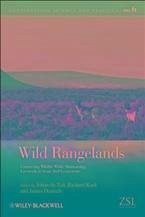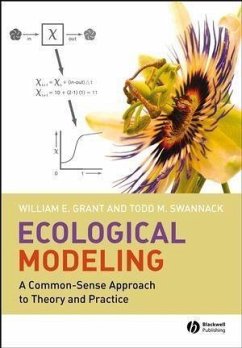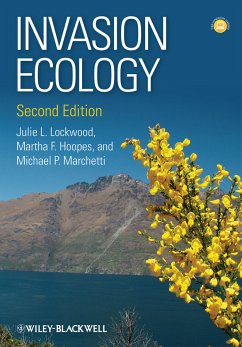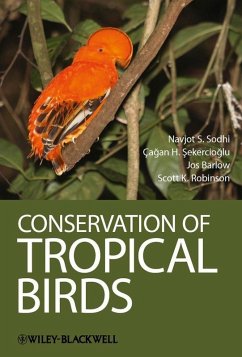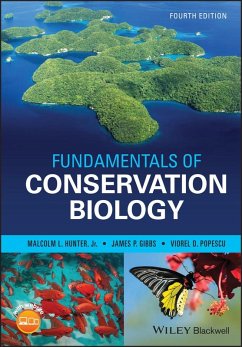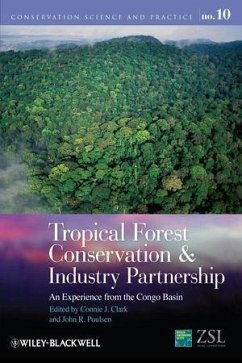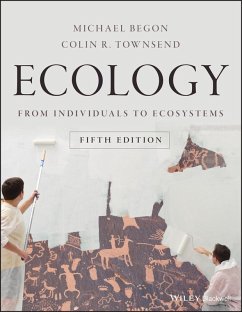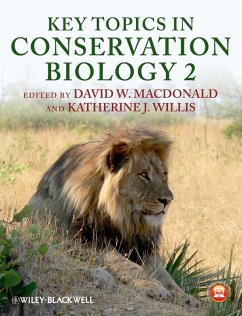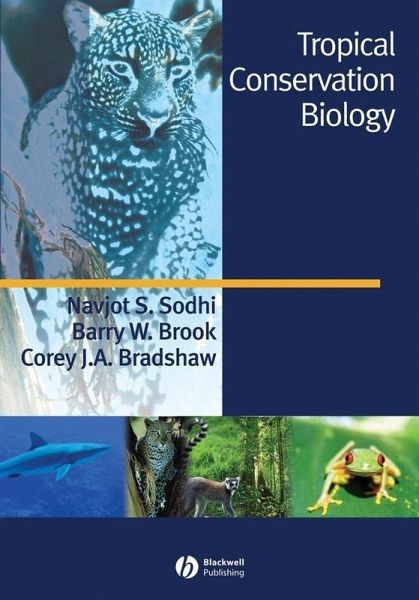
Tropical Conservation Biology (eBook, PDF)
Versandkostenfrei!
Sofort per Download lieferbar
59,99 €
inkl. MwSt.
Weitere Ausgaben:

PAYBACK Punkte
0 °P sammeln!
This introductory textbook examines diminishing terrestrial and aquatic habitats in the tropics, covering a broad range of topics including the fate of the coral reefs; the impact of agriculture, urbanization, and logging on habitat depletion; and the effects of fire on plants and animal survival. * * Includes case studies and interviews with prominent conservation scientists to help situate key concepts in a real world context * Covers a broad range of topics including: the fate of the coral reefs; the impact of agriculture, urbanization, and logging on habitat depletion; and the effects of f...
This introductory textbook examines diminishing terrestrial and aquatic habitats in the tropics, covering a broad range of topics including the fate of the coral reefs; the impact of agriculture, urbanization, and logging on habitat depletion; and the effects of fire on plants and animal survival. * * Includes case studies and interviews with prominent conservation scientists to help situate key concepts in a real world context * Covers a broad range of topics including: the fate of the coral reefs; the impact of agriculture, urbanization, and logging on habitat depletion; and the effects of fire on plants and animal survival * Highlights conservation successes in the region, and emphasizes the need to integrate social issues, such as human hunger, into a tangible conservation plan * Documents the current state of the field as it looks for ways to predict future outcomes and lessen human impact "Sodhi et al. have done a masterful job of compiling a great deal of literature from around the tropical realm, and they have laid out the book in a fruitful and straightforward manner...I plan to use it as a reference and as supplemental reading for several courses and I would encourage others to do the same." Ecology, 90(4), 2009, pp. 1144-1145
Dieser Download kann aus rechtlichen Gründen nur mit Rechnungsadresse in A, B, BG, CY, CZ, D, DK, EW, E, FIN, F, GR, HR, H, IRL, I, LT, L, LR, M, NL, PL, P, R, S, SLO, SK ausgeliefert werden.




